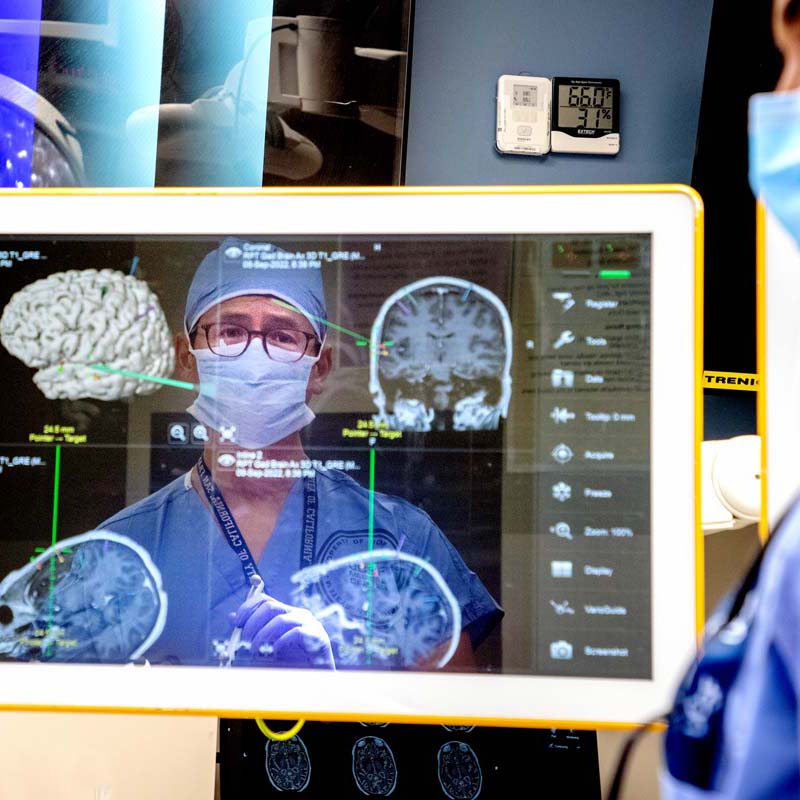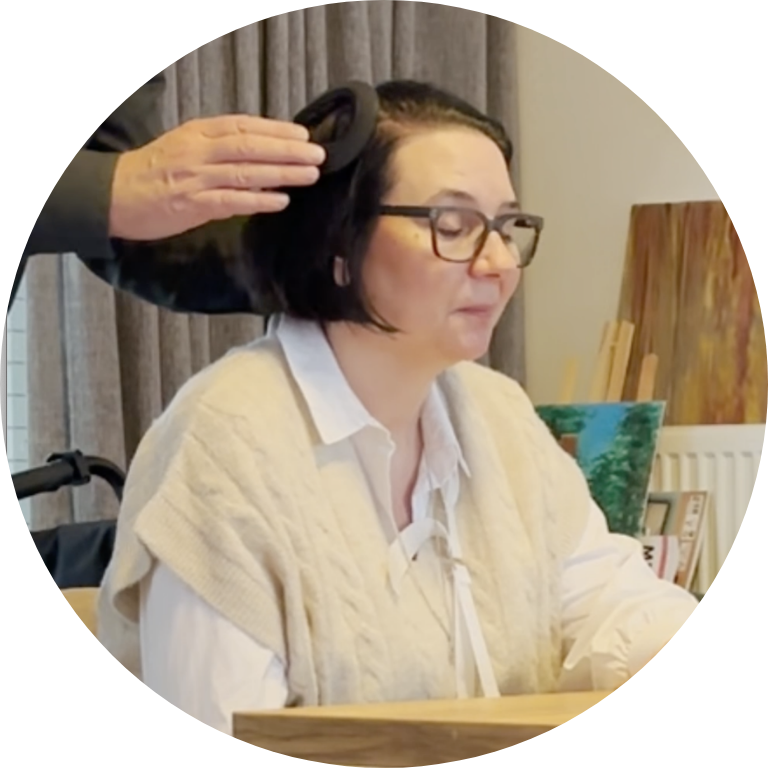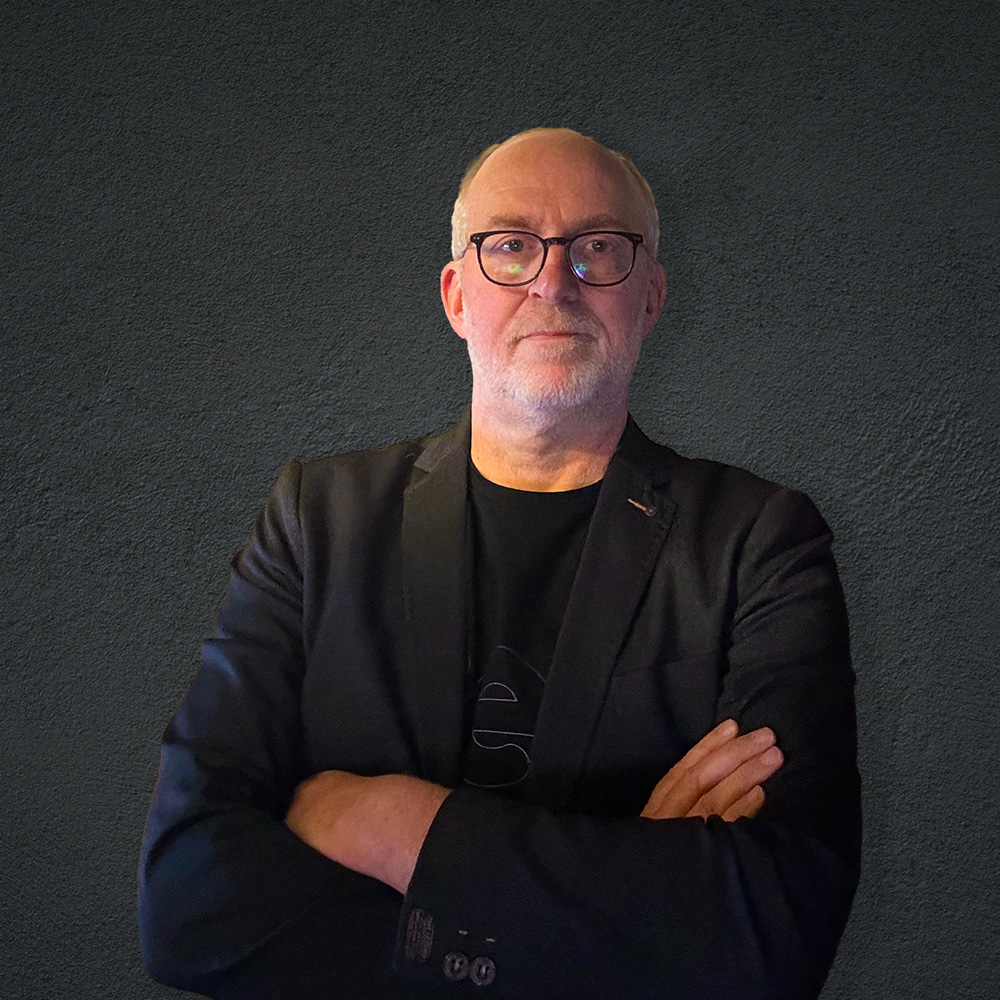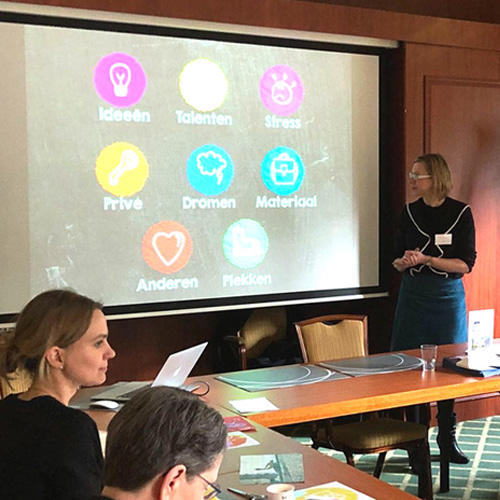21 march 2024
inspiration
My inspiration for re:cognition started in San Francisco.
I read, in August 2023, this article from the University of California, and at that moment several puzzle pieces immediately fell into place. The "AI revolution" was just (with the appearance of the first public version of ChatGPT) well underway, I had seen The Crown's ad, and since my work for Disability Studies in the Netherlands, inclusion has been a thing.
An insanely inspiring story and a technical marvel.
The "problem" - and that's not the right word, but I don't know any better - that I have with new medical technologies is that from the time of the breakthrough to the time it is generally available, a fair amount of time usually passes. Understandable, because after all, a pacemaker should ALWAYS work, but frustrating for the people who need it NOW.
I hope that the research in San Francisco will lead to these kinds of disorders actually being "fixable."
Until then, we have re:cognition.
News
26 march 2024
a successful first field test
Last week I conducted the first field test with Bianca. This cheerful lady has suffered a serious brain haemorrhage which drastically reduced her ability to speak.
2 februari 2024
introduction during apg devconf 2024
March 27 is when we will officially announce re:cognition to the world. This will take place during the APG DevConf 2024, where René will have the closing keynote.
8 januari 2024
making a difference
In collaboration with Sofie Sergeant from Disability Studies in the Netherlands, I developed the mobile app "Ebb" in 2018. This app enables people with disabilities to initiate communication in order to take more direction in their lives. More info on Ebb Works. In retrospective, this app can be seen as the prelude to re:cognition .





